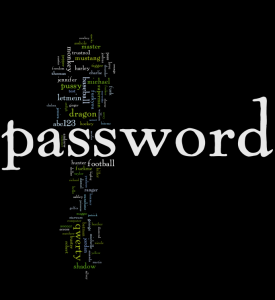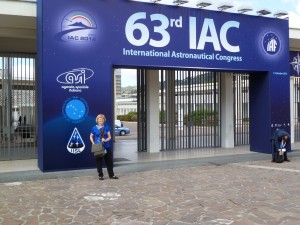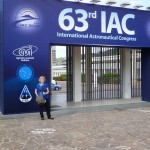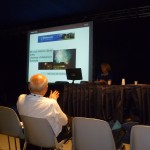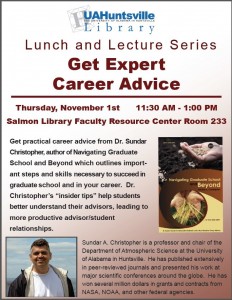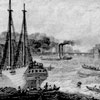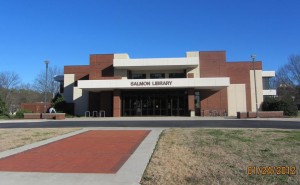Do you frequently request books and journal articles via Interlibrary Loan (ILL)? We are pleased to announce an exciting change to our ILL system! Starting Thursday, November 1, 2012, we will begin using ILLiad software which is used by more than 1,100 libraries throughout the United States.
To access ILLiad you will be prompted for your Charger ID and password (the same as your Angel account login information). The first time that you access ILLiad you will register by inputting your name, email and status at UAHuntsville. The good news is that you will not need to enter that information again when placing additional ILL requests.
Here is a list of just some of the features ILLiad provides over our former system:
- You will be able to check the status of your ILL requests.
- You will be able to electronically receive your articles by accessing ILLiad
- You will be able to see cancelled requests.
- You will be able to see the history of your past requests.
- You will be able to all your requests (new, cancelled, in process, finished, and delivered).
- You will be able to see a list of notifications (emails) that you have received for your requests.
We will be changing the ILL links on the library homepage and in our LibGuides by November 1, 2012. If you have bookmarked the current location of the Interlibrary Loan page, please remember update your links.
If you have any problems or questions when accessing ILLiad do not hesitate to contact us either by phone 256-824-6124 or email. We are excited about this transition, and please don’t hesitate to let us know what you think!


